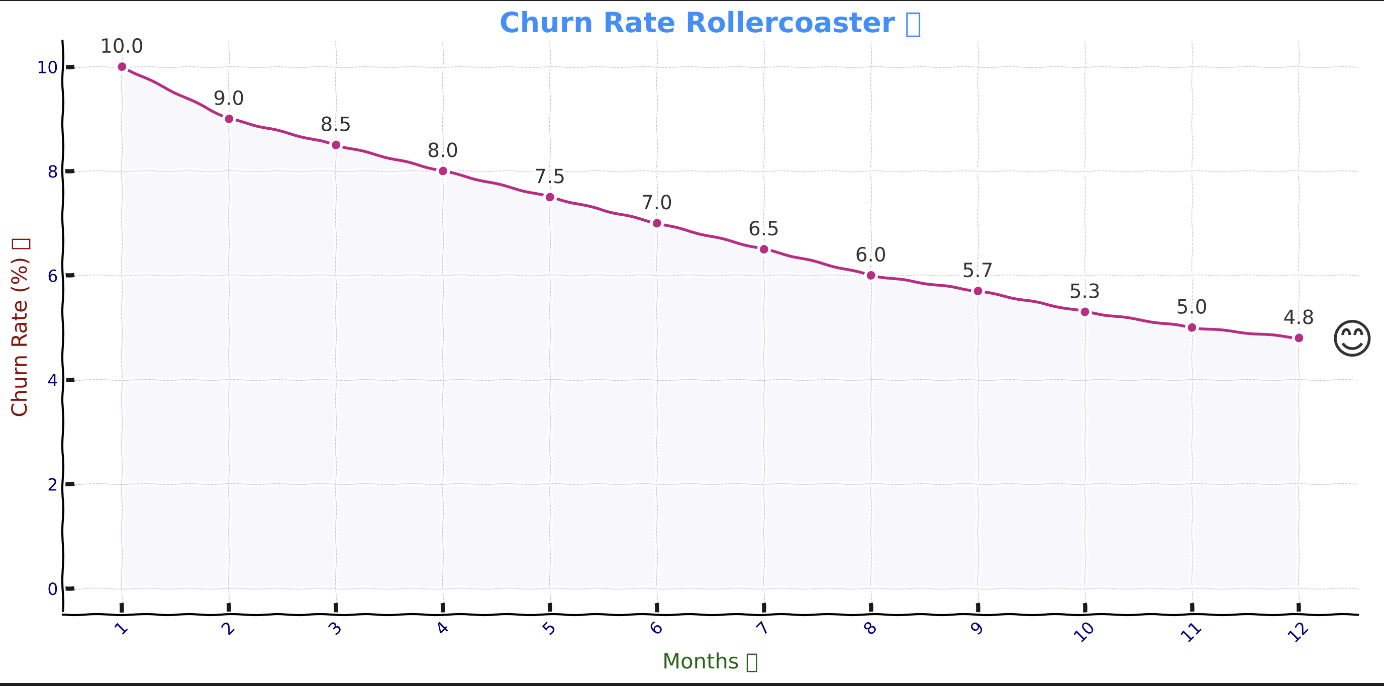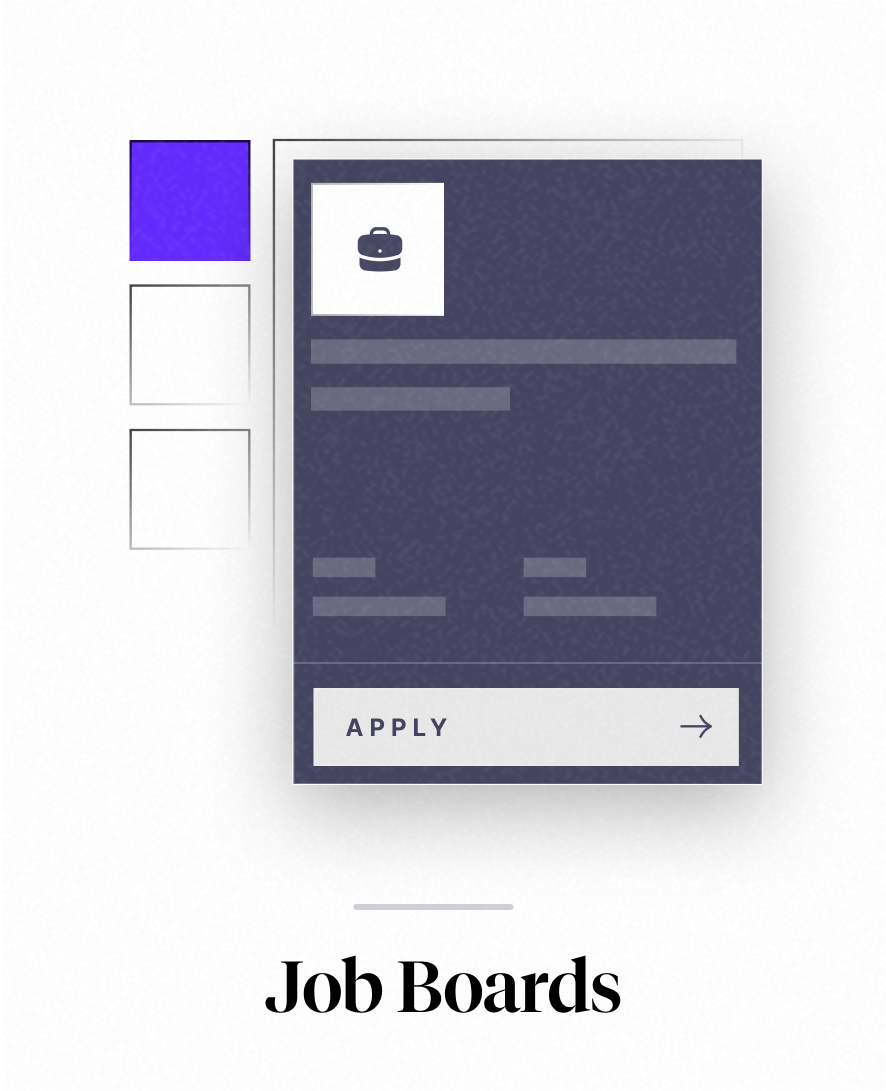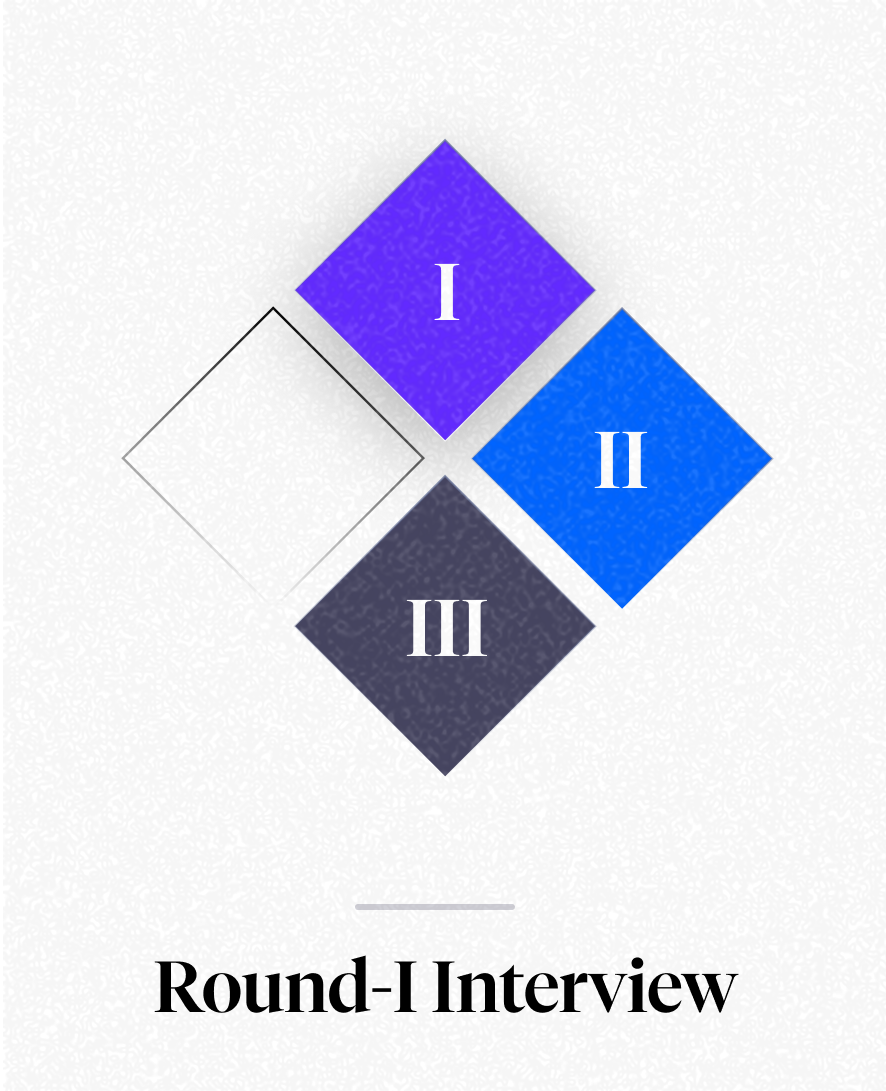Engagement & Retention project | Microsoft
Core Value Proposition:
Microsoft Azure's core value proposition is centered on facilitating rapid innovation, extensive scalability, cost efficiency, and robust security and compliance of a software application. Azure allows businesses to quickly develop, deploy, and manage applications across a global network of Microsoft-managed data centers. Its broad array of integrated cloud services—such as computing, analytics, database, and networking—helps organizations optimize their operations and reduce time to market.
Users experience the Core value proposition by:
1.Developing and Hosting Scalable Applications: (For developers)
- Small Businesses: Quickly develop and deploy web or mobile applications using Azure App Services, with minimal upfront costs and the ability to scale as the business grows.
- Large Enterprises: Leverage Azure’s enterprise-grade capabilities to host and manage large-scale, mission-critical applications with global reach.
2. Using Data Storage and Management: (For business analysts)
- Small Businesses: Utilize Azure Storage solutions for cost-effective, scalable, and secure data storage options that grow with their needs.
- Large Enterprises: Implement complex data architectures using Azure SQL Database, Azure Cosmos DB, and Azure Blob Storage to handle massive volumes of data across different regions.
3.Benefiting from Security and Compliance features:
- Small Businesses: Benefit from Azure’s built-in security features that protect data at rest and in transit, helping them comply with regulatory requirements without the need for extensive security expertise.
- Large Enterprises: Employ advanced security tools and services, like Azure Security Center and Azure Sentinel, for sophisticated threat detection, security management, and compliance audits across a complex organizational structure.
What an active User looks like for us?
- Deploying / Updating Resources
He is regularly deploying or updating Azure resources such as virtual machines, databases, and web apps. This indicates active development and maintenance within the Azure environment. - Consistent interaction with other Azure tools
He has consistent interaction with the Azure portal, Azure CLI, Azure Montior, Azure cost management or Azure PowerShell. Active users frequently use these tools to configure, manage, or monitor their cloud resources. - Engaging with specific Azure services
He is Engaging with specific Azure services such as Azure AI and Machine Learning services. Usage of these services indicates that users are leveraging Azure to support or enhance their business operations. - Interaction with data
He is performing data operations, including uploading, modifying, and managing data across Azure’s storage solutions. Active users interact with data storage services to handle their data needs effectively.
- Security settings
He is regularly reviewing and managing security settings and compliance policies using tools like Azure Security Center and Azure Policy. - Community forum participation
He is articipating in Azure community forums, attending Azure webinars or workshops, or interacting with Microsoft support for troubleshooting and learning. Active users often engage with the community and support services to better understand and utilize Azure features.
Engagement Framework
Engagement Framework | Key tracking metrics | Selected | Rationale |
|---|---|---|---|
Frequency ⏱️ | No of logins to Azure portal per month. | primary 🤴 | Regular login indicates continous usage and dependency on various Azure's services for business |
Depth ⚓️ | Average session duration per login. | Secondary 👨🚒 | Longer durations suggest users are deeply engaged with the intricacies of specific Azure services. |
Breadth✈️ | No of different Azure features used. | Secondary | Engaging with a variety of features shows users and exploring and integrating different features into their workflows. |
User Roles and their natural frequency
- Developers might access Azure daily, even multiple times a day, as they develop, deploy, and monitor applications.
- IT Administrators could log in several times a week to manage resources, monitor services, and ensure security compliance.
- Business Analysts might access Azure services more sporadically, perhaps weekly or bi-weekly, as they gather data and generate reports.
- Executives may only log in monthly or during business reviews to check on the status of digital operations and to make strategic decisions based on data analytics.
User Segmentation
User Segmentation | Frequency of portal Used | Breadth of Azure Services used | Depth of Engagement |
|---|---|---|---|
Casual | once a month | Uses primarily one service (e.g., Azure Storage for basic data needs) | around 5 hours a month |
Core | once a week/bi-weekly | Uses at least 2 services (e.g., Azure Virtual Machines and Azure SQL Database for hosting applications and data management) | around 20 hours a month |
Power | daily to multiple times per day | Uses a wide range of services across different categories | around 50-60 hours a month |
Since here we have different natural frequencies for different set of business users like Executives, Business Analysts, and Developers which might bucket them into Casual, Core and Power User Segments.
However for Engagement Campaigns, we can focus on each one of them individually
Engagement Campaigns for Executives (Default Nature: Casual)
Executive Engagement Campaign | Casual | Core | Power |
|---|---|---|---|
Goal | Improve data-driven decision-making | Enhance strategic insights usage | Lead with advanced insights |
Pitch | Is your vision for growth clear? Azure illuminates your path. Experience our dashboard on your next login. | Command your company's cloud strategy. Get exclusive strategic counsel with our Azure leadership series. | You’re driving transformation. Accelerate with Azure's premium insights and strategic alliances |
Channel | Email, Brief Reports | Direct Contact, Events | Exclusive Webinars, Direct Contact |
Offer | Enhanced dashboard trial | Azure leadership series access | Strategic analysis suite access |
Timing | End of financial period | Start of business quarter | Bi-annual strategic cycle |
Metric | Dashboard activation rates | Series participation rates | Suite usage, strategic impact |
Engagement Campaigns for IT Administrators (usually core):
IT Administrators Engagement Campaign | Casual | Core | Power |
|---|---|---|---|
Goal | Enhance efficiency with automation | Master complex management solutions | Influence infrastructure evolution |
Pitch | Manage smarter with Azure. Activate your toolkit today and see your efficiency soar | Conquer complexity with Azure's management solutions. Elevate your infrastructure with our expert sessions. | You're the backbone of IT. Join our management think tank and lead with your insights. |
Offer | Automation toolkit trial | Expert session enrollment | Think tank membership |
Timing | After completing a major task | Monthly | Ongoing |
Channel | Email, Webinars | Forums, Direct Messages | Think Tank Events, Personal Outreach |
Metric | Automation adoption rates | Session attendance, tool usage | Think tank contribution levels |
Engagement Metrics for Business Analysts (Usually : Core - Power)
Engagement Campaigns for BA | Casual | Core | Power |
|---|---|---|---|
Goal | Transition to strategic analytics | Lead with predictive analytics | Pioneer with AI and machine learning |
Pitch | Data tells a story—let Azure narrate the next chapter. Our workshops will show you the strategic impact. | As a data maestro, predict trends with Azure's advanced analytics. Enroll in our masterclass today | Your analytics drive business. Partner with Azure to redefine data's impact with exclusive AI tools. |
Offer | Access to analytics workshops | Predictive analytics masterclass enrollment | Access to AI tools |
Timing | At the start of a new project | Prior to annual business planning | Bi-annual, with AI tool updates |
Channel | Email, Interactive Guides | Webinars, Direct Contact | Exclusive Events, Direct Contact |
Metric | Workshop attendance rates | Masterclass completion rates | AI tool adoption rates |
Engagement Metrics for Developers (Usually: Power)
Engagement Campaigns for Develeopers | Casual | Core | Power |
|---|---|---|---|
Goal | Move to regular development | Increase service integration | Deepen platform mastery |
Pitch | Ready for more agility in your projects? Let Azure streamline your next development cycle. See the transformation | Amplify your development prowess with Azure's full suite of tools. Become the hero with our custom guide. | As a pivotal Azure developer, you’re shaping the future. Access cutting-edge resources and join our elite program |
Offer | Credits for next project | Customized integration guide | Invitation to developer program |
Timing | After initial project deployment | During development cycle | Ongoing |
Channel | Email, Dashboard | Dev forums, Emails | Exclusive Events, Email |
Metric | Project deployment frequency | Number of services integrated | Program enrollment, tool adoption |
Retention Analysis For Azure:
- Day 0 Retention (100%):
Every user who signs up is counted as retained on Day 0. - Day 7 Retention (75%):
Some drop-off expected as users who signed up out of curiosity may not continue using the platform. - Day 30 Retention (50%):
End of typical trial periods and initial exploration; users who don’t find immediate value may churn. - Day 90 Retention (35Retention (50%):
Users who have found workflows or projects that benefit from Azure continue; others may depart due to costs or complexity.
- Month 6 (M6) Retention (25Retention (35%):
Customers who have made a significant investment in Azure (financially or time-wise) remain; some churn due to project completion. - Month 12 (M12) Retention( 20%):
A solid core of long-term users remains, likely due to substantial integration into their systems.

ICP Retention Drivers:
- Large Enterprises:
- 30% retention at M12.
- Enterprises often have longer decision cycles and more significant switching costs, leading to higher retention.
- Mid-Size App Development Teams:
- 25% retention at M12.
- Dependent on Azure for infrastructure but may explore alternatives or changes based on project needs.
- Freelance Developers:
- 15% retention at M12.
- Likely to churn based on project requirements, costs, or experimentation with other platforms.
☠️ Negative Actions Indicator. (Warning Signs):
1. Decreased Usage Patterns
- A consistent decrease in login frequency can indicate a loss of interest or a shift to another service.
- Reduction in resource consumption (like less compute usage or storage) might suggest the user is moving workloads elsewhere.
2. Low Net Promoter Score (NPS)
- A low NPS indicates dissatisfaction.
- A declining NPS over time can suggest growing user discontent.
3.High Volume of Support Tickets
- Low CSAT scores can indicate issues with service quality or customer service experiences.
- A drop in CSATs could signal broader issues with new updates or changes to the Azure platform.
4.Decreased Community Engagement
- A vibrant community is often a sign of a healthy product. A decrease in forum posts, replies, and community engagement can be concerning.
- Decreased community-created content, like blog posts or tutorials about Azure, can indicate waning enthusiasm.
5.Low Engagement with New Features
- Lack of engagement with newly released features may suggest that these features are missing the mark.
- If new features are not being adopted, this may reflect a disconnect between user needs and the product roadmap.
Churn Reasons:
Here's a breakdown of all the Involuntary and voluntary reasons that a user might churn
Resurrection Campaigns for different roles:
1.Developers - "Code & Credits Comeback"
- Segmentation: Target developers who have not logged in or deployed an app in Azure for an extended period.
- Pitch/Content: "We've missed your code on Azure! Here's what's new and how you can get back to building awesome apps with special credits just for you."
- Offer: Offer a certain amount of Azure credits to be used towards their next project to incentivize their return.
- Frequency and Timing: Trigger this campaign after a developer has been inactive for 60 days.
- Success Metrics: Monitor the number of developers who redeem the credits and subsequently deploy an app.
2.IT Administrators - "Optimization Opportunity"
- Segmentation: Aimed at IT admins who haven't utilized Azure's management tools recently.
- Pitch/Content: "Streamline Your Operations with Azure's Latest IT Management Tools. Welcome back to smarter cloud management!"
- Offer: Provide a free limited-time subscription to Azure's advanced IT management and security tools.
- Frequency and Timing: Launch the campaign during an IT industry event cycle or after new feature releases.
- Success Metrics: Track the activation of the offer and usage rates of the tools provided.
3. Business Analysts - "Insightful Analytics Resurgence"
- Segmentation: Focus on analysts who previously used Azure analytics but haven't in the last quarter.
- Pitch/Content: "Unlock deeper business insights with the new Azure Analytics Suite. We're inviting you back to see what you've been missing."
- Offer: Access to a premium analytics dashboard or a workshop on advanced Azure analytics capabilities.
- Frequency and Timing: Initiate when a new product feature related to analytics is launched.
- Success Metrics: Measure the reactivation rate and engagement levels with the analytics tools.
4. Executives - "Strategic Vision Reinforcement"
- Segmentation: Target CXO executives who have engaged with Azure but not made strategic moves recently.
- Pitch/Content: "Lead with Confidence: Azure's latest suite of executive tools can revolutionize how you view your data. Let's get you back on board."
- Offer: A personalized session with an Azure expert to discuss strategic business solutions and offer a tailored executive dashboard trial.
- Frequency and Timing: Schedule around the time of the business's financial quarter or annual planning period.
- Success Metrics: Monitor the acceptance rate of the meeting offer and subsequent use of the dashboard.
5. All Users - "Azure Anniversary"
- Segmentation: This is a broad campaign targeting all users who have churned within the last year.
- Pitch/Content: "Celebrate Your Azure Anniversary with a Special Gift! Rediscover what's new since you've been gone."
- Offer: A special 'anniversary' offer such as discounted rates or exclusive access to beta features.
- Frequency and Timing: Trigger on the anniversary of the user's signup or last active date.
- Success Metrics: Look for an overall increase in re-engagement rates across all user segments.
Brand focused courses
Great brands aren't built on clicks. They're built on trust. Craft narratives that resonate, campaigns that stand out, and brands that last.
All courses
Master every lever of growth — from acquisition to retention, data to events. Pick a course, go deep, and apply it to your business right away.
Explore courses by GrowthX
Built by Leaders From Amazon, CRED, Zepto, Hindustan Unilever, Flipkart, paytm & more
Course
Advanced Growth Strategy
Core principles to distribution, user onboarding, retention & monetisation.
58 modules
21 hours
Course
Go to Market
Learn to implement lean, balanced & all out GTM strategies while getting stakeholder buy-in.
17 modules
1 hour
Course
Brand Led Growth
Design your brand wedge & implement it across every customer touchpoint.
15 modules
2 hours
Course
Event Led Growth
Design an end to end strategy to create events that drive revenue growth.
48 modules
1 hour
Course
Growth Model Design
Learn how to break down your North Star metric into actionable input levers and prioritise them.
9 modules
1 hour
Course
Building Growth Teams
Learn how to design your team blueprint, attract, hire & retain great talent
24 modules
1 hour
Course
Data Led Growth
Learn the science of RCA & experimentation design to drive real revenue impact.
12 modules
2 hours
Course
Email marketing
Learn how to set up email as a channel and build the 0 → 1 strategy for email marketing
12 modules
1 hour
Course
Partnership Led Growth
Design product integrations & channel partnerships to drive revenue impact.
27 modules
1 hour
Course
Tech for Growth
Learn to ship better products with engineering & take informed trade-offs.
14 modules
2 hours
Crack a new job or a promotion with ELEVATE
Designed for mid-senior & leadership roles across growth, product, marketing, strategy & business
Learning Resources
Browse 500+ case studies, articles & resources the learning resources that you won't find on the internet.
Patience—you’re about to be impressed.























